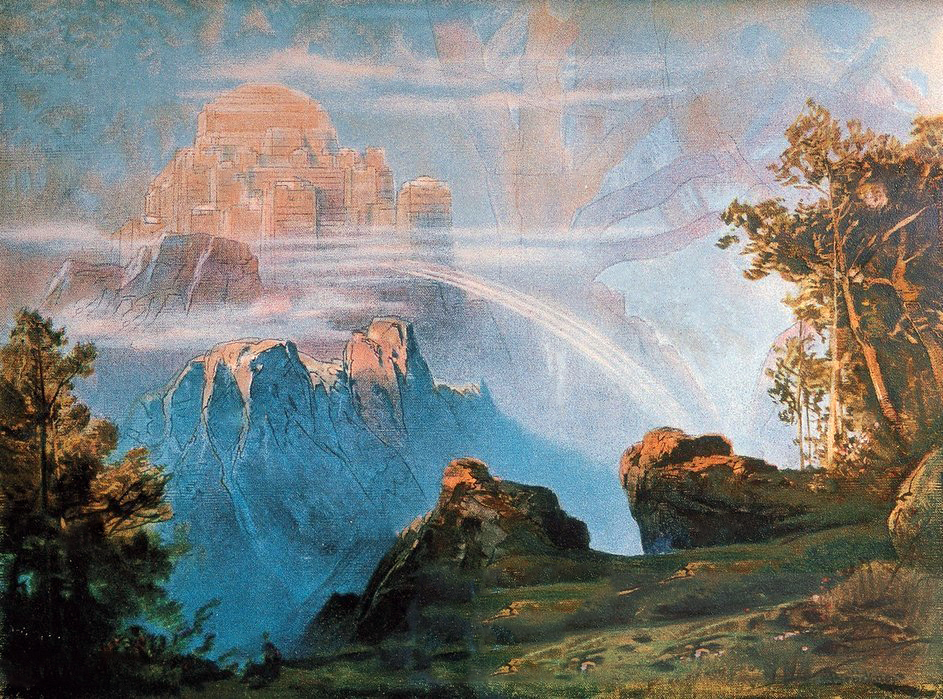In the world of Norse mythology, tales of gods, giants, and warriors paint a vivid picture of bravery, sacrifice, and destiny. Among the many legendary places described in these myths, one name stands out above all others: Valhalla. Known as the “Warrior’s Heaven,” Valhalla is the eternal resting place of heroes who died bravely in battle.
What Is Valhalla?
The word “Valhalla” comes from Old Norse, meaning “Hall of the Slain.” It is said to be a grand and majestic hall located in Asgard, the realm of the gods. Valhalla is ruled by Odin, the All-Father and chief of the Norse gods.
According to myth, when a warrior dies bravely in combat, he is chosen by the Valkyries—divine maidens who serve Odin—and carried to Valhalla. There, the warrior joins an elite brotherhood of the dead known as the Einherjar.
Life in Valhalla
Unlike the quiet peace of heaven in other traditions, Valhalla is a place of eternal action and preparation. The Einherjar spend their days practicing combat, fighting glorious battles against one another, and honing their skills. Each evening, their wounds are healed, and they gather in Odin’s hall for a great feast.
- The Hall: Legends say Valhalla’s roof is made of shields, and its walls are built from spears.
- The Feast: The warriors are served an endless supply of meat from the magical boar Sæhrímnir, and they drink mead from the udders of a mystical goat named Heiðrún.
- The Purpose: This cycle of battle and feast prepares the warriors for the ultimate war of Norse mythology—Ragnarök, the end of the world.
Valhalla and Ragnarök
The existence of Valhalla is not just about reward but about duty. Odin gathers the bravest warriors to fight alongside him during Ragnarök, the final battle between gods, giants, and monsters. For Vikings, dying in battle meant not just honor but the promise of eternal purpose—standing shoulder to shoulder with Odin in the greatest war of all time.
Symbolism of Valhalla
Valhalla was more than a myth; it was an ideal that shaped Viking culture and values. For the Norse people, it symbolized:
- Courage: Only the fearless were chosen by Valkyries.
- Honor: Death in battle was the most noble fate.
- Brotherhood: Warriors lived, fought, and feasted together forever.
- Eternal Purpose: Even in death, life had meaning through preparation for Ragnarök.
Valhalla in Modern Culture
Today, Valhalla continues to inspire literature, films, music, and video games. From Marvel’s Thor movies to popular series like Vikings and Assassin’s Creed: Valhalla, the concept has found a strong place in pop culture. It represents bravery, defiance in the face of fate, and the eternal spirit of the warrior.
Conclusion
Valhalla is more than just a mythical hall—it is a vision of immortality through courage. For the Norse, it was the highest reward: to live forever with honor, preparing for the battle that would decide the fate of the world. Even today, Valhalla stands as a symbol of bravery, sacrifice, and the warrior’s eternal journey.

Leave a Reply